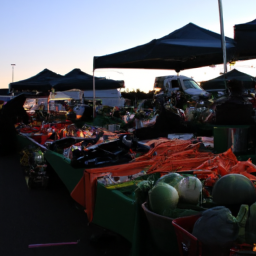455
Newsletter
Subscribe to our newsletter for exclusive content, latest news and trends, and exciting new features.
Tranding
Categories
EntertainmentSports and fitnessGaming and esportsLifestyleScience and natureHealth and wellnessTravel and tourism
Beauty and personal careEducation and learningLiterature and writingMusic and EntertainmentBusiness and entrepreneurshipEnvironment and sustainabilityPets and animalsFood and cookingArts and cultureTechnologyHome and garden





















Comments
Leave a Comment